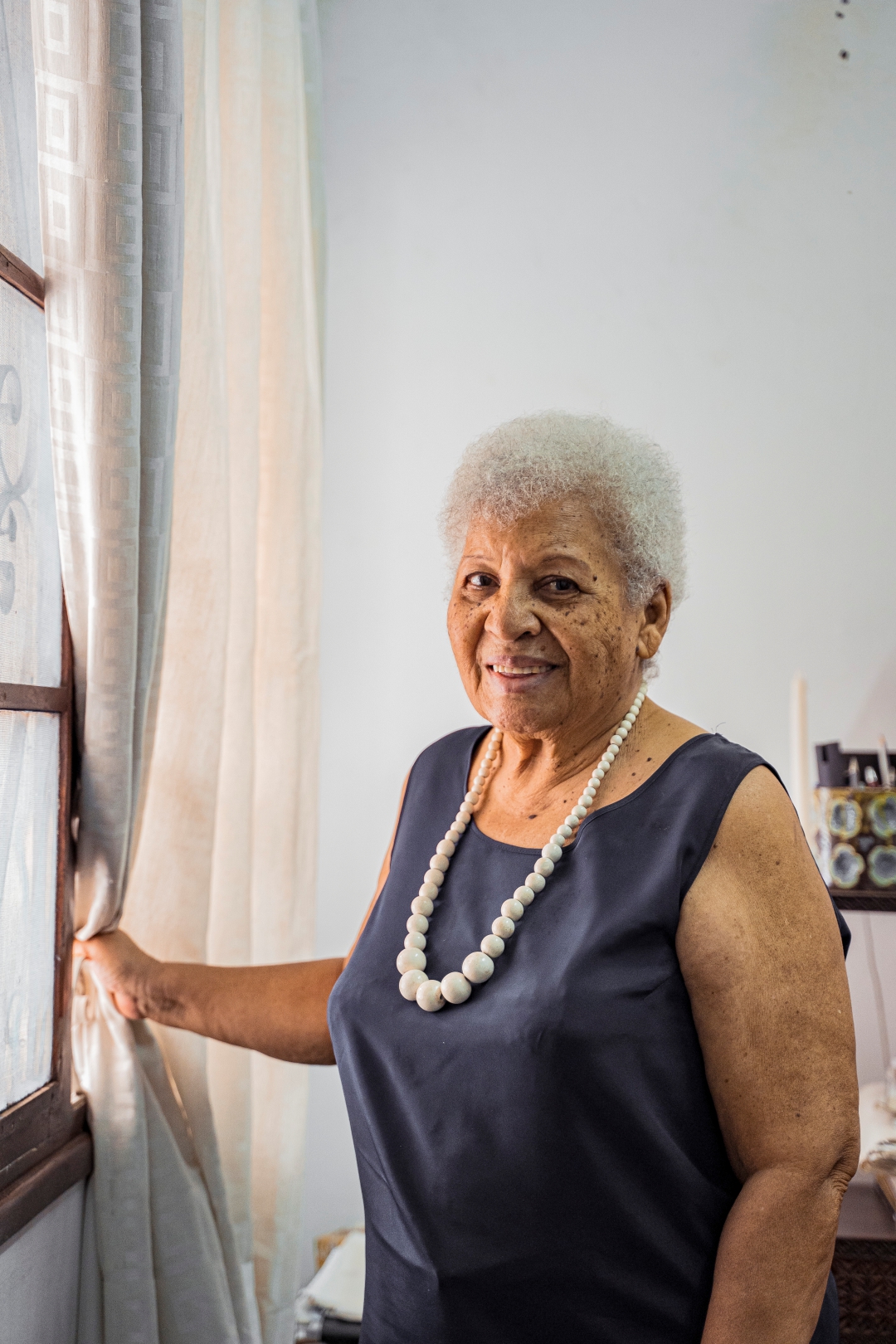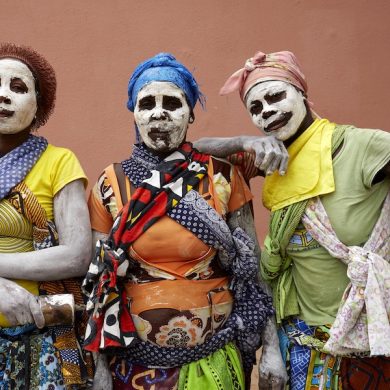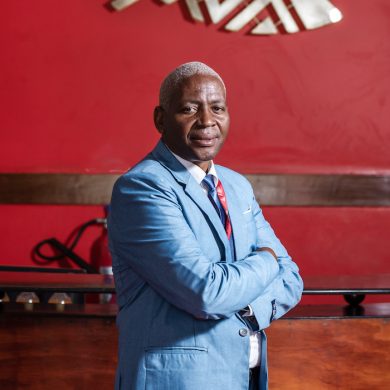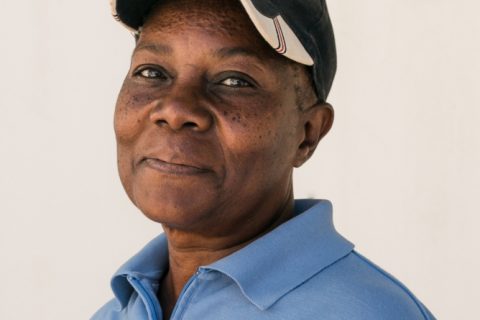Lília Momplé – “I will never give up on young people”

The career of Lília Momplé, a Mozambican writer born in 1935, follows Mozambique’s historical moments. An author who writes under pressure, moved by the voices and lives of characters who seek to immortalize themselves and mark time, so that a past that should not be repeated is not forgotten: the brutality of colonialism, segregation, racism, social injustices or wars, no matter the size.
Advertising
Her writing, as she herself states, is engaging: “I don’t know how to write by chance, I write because I feel honored, I write out of the desire to tell and unload my secrets.” By looking at her work you can understand what moves the writer.
A journey made without promises, rather with coherence and a high sense of mission. And it is with this mission in mind that she looks at the present still with the feeling of having to write, not to justify the title, but above all because it is necessary to give a dimension to the reality of the days in which we live in a void.
“I can’t stand injustice, I love my country and I think about young people. Young people are the vitality of a country and are the future. I feel that there are many young people without prospects and it is our fault, the older ones. We have to do something. It makes me sad when I see adults pointing fingers, when there is a responsibility to support.”
It is to young people that the writer aims her speech, as if she understands the urgency of these times. “I’m one of those people who never gives up on others. So I will never give up on young people.”

I wrote ‘Nobody Killed Suhura’ because iwanted to talk to someone about what isaw and experienced during that time. ihad to reveal myself.
Thinking about contemporary times is in line with what Lília Momplé sought to do by directing her writing towards events that marked history.
It was with the short story that she gained recognition. In her debut book, “Nobody Killed Suhura” (1988) she brings together, as the author herself defined, stories that illustrate history. These are tales whose plot is Mozambique in colonial times, the oppression, forced labor, and violence in general that this regime dictated to Mozambicans. The five short stories have a strong emotional charge, they give soul to a time of anguish and terror, which should not be forgotten.
“I always knew that one day I would write, I just didn’t know when. I wrote ‘Nobody Killed Suhura’ because I wanted to talk to someone about what I saw and experienced during that time. I had to reveal myself.” confesses Lília Momplé who, in these times, looks back and concludes that “this is a book that I wish everyone, especially young people, could have access to and read”.
The publication of “The eyes of the green snake”, in 1996, was the confirmation of a journey along the path of the people’s experiences. It was four years after the country had plunged into another war. The writer could not calm down. Writing was urgent. This book, also made up of short stories, is more of a drama, stories of horrors and forgiveness, while transporting us to a Mozambican cultural universe: in some areas of Mozambique, it is believed that coming across a green snake only attracts good things.. But for Lília Momplé’s characters, not everything went well, in a country torn apart, where there are shortages of all kinds, where people were struggling and with the noise of weapons, suspicions were high. “War is no good”, summarizes the writer, in an analogy to what is happening in the North of the country and which is also due, in her analysis, “to greed and misery”.
At 89 years old, she’s starting to feel the weight of age, but the aura and deep look at society continue to command the life of writer Lília Momplé. The book project that will be called “The Steel Puppets” seems to be a certainty of the writer’s vitality and a novel that should be read with the same sagacity with which one pursues great books.
“It’s another revelation of something that’s in my soul, about the days we’re living. Where people are insensitive, focused on business. They do everything for the money. Poor people who suffer and empty political speeches. All about the business. It’s the Business Society. This society is not the true Mozambicanity, it takes away our identity. What counts is mediocrity and not development.”
Edição 83 MAR/AGO| Download.














 Read more here
Read more here





















0 Comments